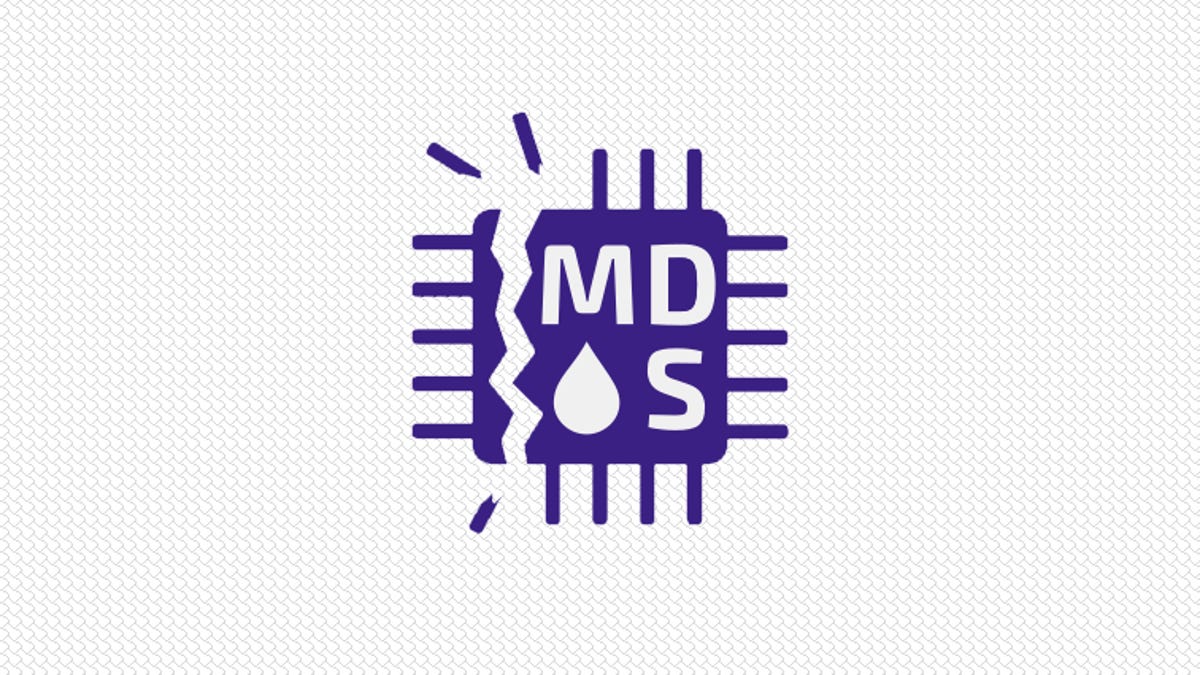"Multiple security researchers have released details about a new class of speculative attacks against all modern Intel processors. The attacks are different from and more dangerous than Meltdown, Spectre and their variations because they can leak data from CPU buffers, which is not necessarily present in caches.
Two attacks dubbed RIDL and Fallout exploit a set of four vulnerabilities collectively known as Microarchitectural Data Sampling (MDS) vulnerabilities - a name given by Intel. The flaws affect Intel CPUs released since 2008, the researchers say."
More details: New RIDL and Fallout Attacks Impact All Modern Intel CPUs
Advisories:
Two attacks dubbed RIDL and Fallout exploit a set of four vulnerabilities collectively known as Microarchitectural Data Sampling (MDS) vulnerabilities - a name given by Intel. The flaws affect Intel CPUs released since 2008, the researchers say."
More details: New RIDL and Fallout Attacks Impact All Modern Intel CPUs
Advisories:
- Product Status: Microarchitectural Data Sampling (MDS) - Google Help
- Intel Quarterly Security Release (QSR) 2019.1



